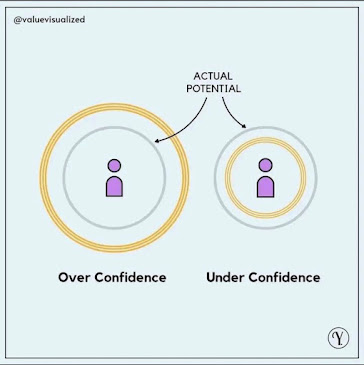Prioritizing Effective Education: Can We Rethink Public Safety Initiatives Funding Allocations?
Despite the best intentions, resources are sometimes directed toward initiatives that yield lackluster results or fail to address the root causes of crime. It's time for a paradigm shift – a reevaluation of how the Twin Cities invests in ‘community shirts’ to ensure that every dollar spent translates into tangible benefits for the plan of actually reducing crime - the band-aids are all used up. It’s time to turn to charter schools and after-school academic programs for parents and their children.
Related Story: Minneapolis commissioner addresses fraud accusations in safety initiative.
By Don Allen, Ed.S., M.A. Ed., MAT
It's a pressing question - what happens when a plan fails? And what if that same plan, despite being reoriented, fails again? In recent years, the allocation of city funding to various groups and organizations, especially in the street protector sector, has come under intense scrutiny. While the intentions behind these funding initiatives are commendable – aimed at enhancing crime pervention outcomes and fostering community development – it's becoming increasingly evident that not all recipients deliver the expected results. The situation demands a shift in priorities, with a renewed focus on supporting small charter schools and educational programs that demonstrate tangible impact on students and families.
In the Twin Cities, a disheartening trend persists-resources are being channeled into initiatives that yield meager results, if any. Whether it's ineffective community-facing, poorly managed community outreach efforts, or bureaucratic entities with little accountability, the truth is that valuable taxpayer dollars should be more focused on endeavors that make a significant difference in educational equity and student success.
Instead of perpetuating this cycle of inefficiency, it's crucial for city leaders to acknowledge the immense value of investing in small charter schools and educational programs that have established themselves as catalysts of positive change. These institutions operate with agility and innovation, often serving underserved communities and implementing tailored approaches that cater to the unique needs of their students. Small charter schools, particularly, have shown remarkable promise in delivering high-quality education to students who may otherwise fall through the cracks in traditional public school systems. With smaller class sizes, more personalized instruction, and a strong emphasis on community engagement, these schools are nurturing environments where students can thrive academically, socially, and emotionally.
Of course, this transition will not happen overnight and will not be without its challenges. It will require collaboration among city officials, educators, parents, and community leaders—a shared commitment to putting students' needs front and center. However, the potential rewards—in terms of improved academic outcomes, enhanced community cohesion, and greater social mobility—far outweigh the costs; moreover, it will reduce crime.
The educational programs that support parents and their children deserve greater attention and investment. These programs create a holistic ecosystem of support beyond the classroom walls by actively empowering parents with the knowledge, skills, and resources to participate in their children's education. From literacy workshops to financial literacy courses to parenting seminars, the possibilities are endless for equipping families with the tools they need to succeed. Redirecting city funding toward these small charter schools and educational programs represents a strategic investment in the future of our communities. Not only does it ensure that taxpayer dollars are being used effectively and efficiently, but it also fosters a culture of accountability and innovation within the education sector.
As Minneapolis and St. Paul city leaders grapple with tough budgetary decisions, let's urge them to prioritize what truly matters: providing every child with access to a high-quality education and empowering families to actively participate in their children's learning journey. It's time to invest in the future, starting with investing in practical education.




Comments
Post a Comment